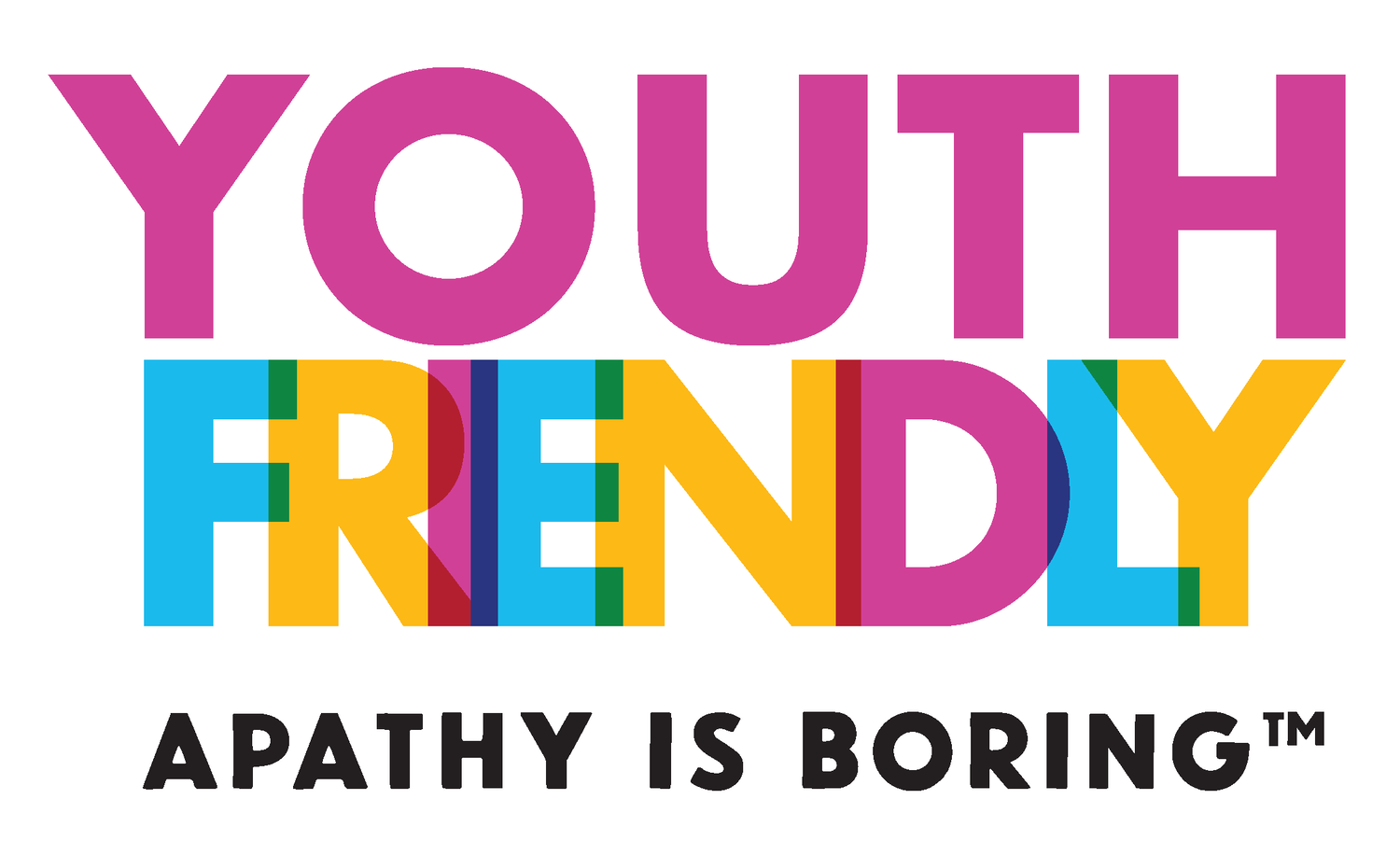How To Actually Support Youth Mental Health
RISE Program participant in 2020.
It’s no secret that young people are struggling with mental health. A recent study conducted by Apathy Is Boring in partnership with the Environics Institute for Survey Research found that out of all aspects of young Canadians’ lives, COVID-19 has impacted our emotional health and well-being the most. In addition to this, a Canada-wide survey found that during COVID-19, young adults have been more likely to develop mental health conditions like depression, anxiety, and post-traumatic stress disorder. Over the past year and a half, youth have been working in precarious positions and navigating online school while dealing with anxiety about the future and the effects of COVID-19 burnout. It’s more important than ever that organizations looking to engage young people recognize the state of our mental health, and what it means to truly support us. Better youth mental health equates to more excitement about the future and a stronger future generation. Here are some starting tips on how you can help create that.
Create an organization-wide mental health strategy
Research shows that investing in mental health actually improves a business or organization’s success, but only one third of Canadian employers have a mental health strategy in place. Because it’s not always visible and shows in more subtle ways than physical conditions, mental health is often less of a priority. By implementing a tangible mental health strategy, your organization is providing concrete steps on dealing with these issues and destigmatizing mental health.
Your mental health strategy should not be a one size fits all approach, but built to be tailored to the individual. The effects of mental health struggles do not appear the same in any two people, even if they are dealing with the same condition. Factors such as race, sexuality and the cultural community someone comes from can all impact the way their mental health presents itself and consequently, the most effective way of treating it. To determine which mental health supports are best for your organization, communicate with the young people involved. Talk to the people in your organization — through a needs assessment, for example — to figure out the mental health state of youth in your organization, and what resources you can offer to better support them.
Prioritize work-life balance
No matter how passionate young people are about your organization and its mission, it is not sustainable to expect them to be all about it all the time. Lack of work-life balance can be a large risk factor for the decline of mental health. This is why it is crucial that your organization creates a culture that prioritizes time for rest. Often organizations say they support mental health, but without meaningful action, the statements seem empty and can create a disconnect between youth and organizations of influence.
To show that you encourage work-life balance, your organization can implement flexible work schedules for employees, benefits like paid sick leave, personal days and mental health resources. This type of action indicates that your organization values its members for more than their productivity. It also combats pervasive narratives like hustle culture that tell young people the most important thing they can do in life is work.
Accept feedback
It’s not easy to speak up about your mental health, let alone voice concerns to a powerful organization on how they may be failing to help you. Keep this in mind when the young people in your organization come to you with feedback about how your organization can better support them. Being youth-friendly means supporting young people’s mental health, and doing so is not accomplished with a one-time action. It’s a continual process that involves change, growth and listening to young people’s voices. Take input seriously when you receive it, and recognize that feedback is necessary to become an organization that genuinely supports mental health. At the end of the day, mental health is the starting point to building a future where youth feel they can have an impact on the world around them.

